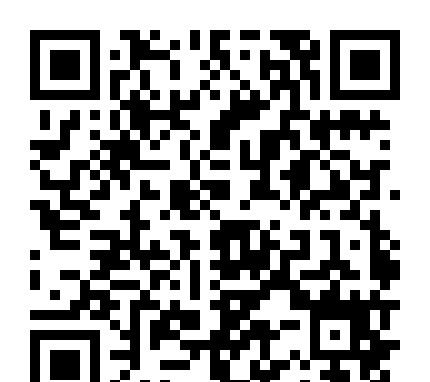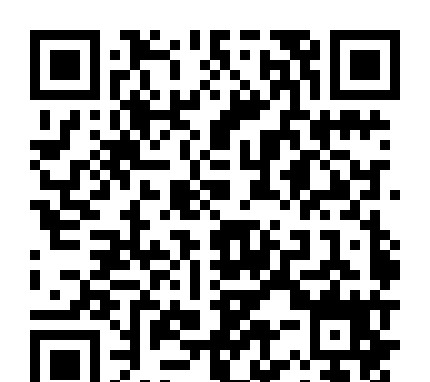US congress acts to limit internet gambling
|
This is the VOA Special English Economics Report. Congress has voted to ban most financial exchanges that involve gambling on the Internet by people in the United States. The measure threatens to cut the business of several foreign companies. Almost every American state has lottery games. Casinos, often operated by Native American tribes, are also common. And a number of states permit other forms of gambling, such as placing money on horse races. Some forms of electronic gambling based in established centers, like a casino, are legal under federal, state or local laws. But gambling for money on the Internet is in most cases illegal in the United States. The new legislation led to a big drop in the value of shares in PartyGaming and some other Internet gambling companies. PartyGaming of Britain is the largest online gambling company based on stock value. Almost 80 percent of the money it earns comes from the United States. Congress passed the act as part of an unrelated bill on port security. President Bush is expected to sign the bill soon. The Internet gambling act would ban the processing of electronic payments from the United States for online gambling purposes. It would affect credit card companies, banks and other businesses. Researchers at Christiansen Capital Advisors estimate that Internet gambling worldwide reached 12,000 million dollars last year. They estimate that almost 23 million people gambled online, including about eight million in the United States. Internet gambling is a fast-growing industry. The American Gaming Association says the number of gambling Web sites is estimated at well over 2,000. These offer sports betting, casino games and other activities. Representative Jim Leach of Iowa proposed the new legislation. He says many American families have been affected by large losses from Internet gambling. He says it is also a national security concern because it can be used to finance criminal and terrorist activities. Some countries, however, see the act as a way to keep foreign companies out of the American gambling market. In 2003, the Caribbean nation of Antigua and Barbuda brought a dispute to the World Trade Organization. Antigua said American restrictions on Internet gambling went against W.T.O. rules on free trade. At first the W.T.O. took the side of Antigua, but the issue has not yet reached a final settlement. And that's the VOA Special English Economics Report, written by Mario Ritter. I'm Steve Ember. |








